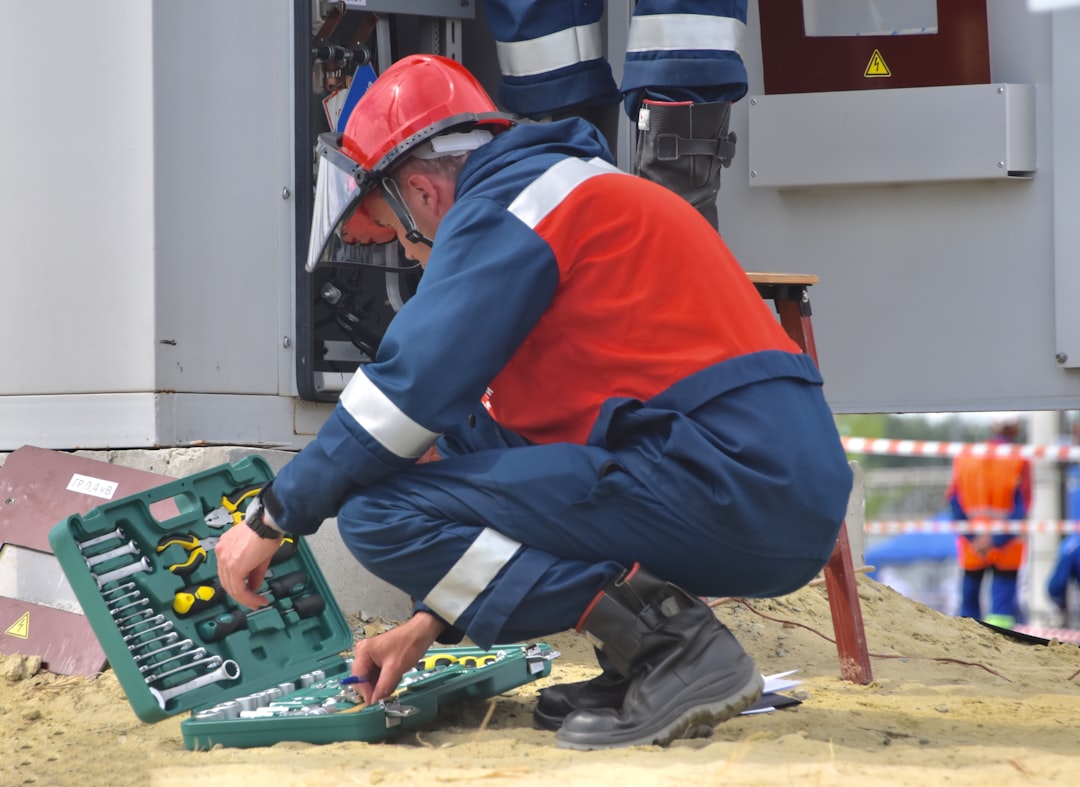
Modular homes, a popular alternative to traditional site-built houses, are a type of prefabricated housing where sections or modules are manufactured in a controlled factory environment and then transported to the building site for assembly. These homes have gained significant attention due to their efficiency, affordability, and flexibility, making them a desirable option for many prospective homeowners.
What Are Modular Homes?
Unlike traditional construction, which involves building a house from the foundation up on-site, modular homes are constructed using a modular process. The home is divided into sections or modules?such as bedrooms, kitchens, and living areas?that are built in a factory setting. Once completed, these modules are transported via trucks to the site, where they are assembled and joined together to form a complete structure. The entire process often takes less time than conventional construction, sometimes as little as a few weeks for the factory work plus additional assembly time.
Advantages of Modular Homes
One of the most significant benefits of modular homes is efficiency. Because they are built in a controlled environment, the process minimizes delays caused by weather, material shortages, or labor issues. This controlled environment also allows for stricter quality control, resulting in homes that are often more consistent and durable.
Cost is another compelling factor. Modular homes tend to be less expensive than comparable traditional homes because factory production reduces labor costs and waste. They offer a high degree of customization?homeowners can choose from various styles, layouts, and finishes?making them versatile for different budgets and preferences.
Environmental sustainability is also enhanced with modular construction. Factory-built homes produce less waste, utilize energy-efficient materials, and can incorporate advanced insulation and eco-friendly systems more easily than traditional builds.
Design and Customization
Modular homes are not limited to simple box-shaped designs; they can feature complex architectural styles, multiple stories, and open-floor plans. Advances in modular building techniques mean that these homes can be highly customized to match individual tastes and needs, including modern, traditional, or even luxury designs.
Homebuyers typically collaborate with architects or designers to develop plans that meet local building codes and personal preferences. Once built, the modules are transported and assembled on a foundation, with finishing touches like interior work, plumbing, and electrical systems completed on-site.
Challenges and Misconceptions
Despite their advantages, modular homes face some challenges. Zoning laws or building codes in certain regions may restrict or complicate modular construction. Also, misconceptions persist that modular homes are of inferior quality or less durable than traditional homes, but modern manufacturing techniques have proven these notions to be outdated.
Transportation and assembly costs can sometimes increase the overall expense, especially for larger or more complex designs. Additionally, some buyers worry about resale value, but with proper maintenance and in desirable locations, modular homes can appreciate similarly to traditional houses.
Future Outlook
The modular housing industry continues to evolve with technological advancements, improved materials, and innovative designs. As the demand for affordable, energy-efficient, and quickly built homes grows?especially in response to housing shortages and urbanization?modular homes are poised to become an increasingly prominent part of the housing market.
In conclusion, modular homes offer an attractive combination of speed, affordability, customization, and sustainability. They are a practical choice for those seeking quality, flexible housing solutions that can be tailored to their needs while minimizing environmental impact. As perceptions improve and regulations adapt, modular homes are likely to play an important role in the future of housing development worldwide.
 SON SON
SON SON